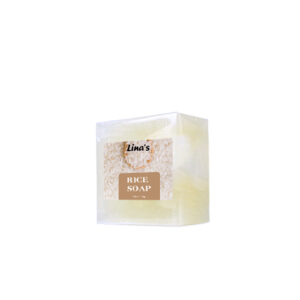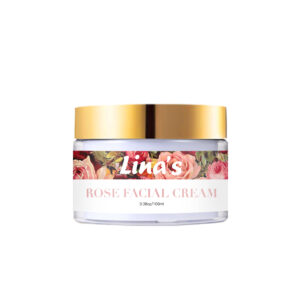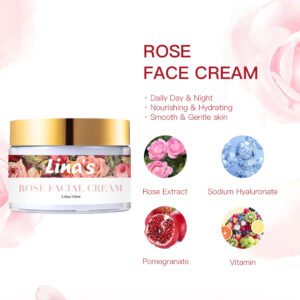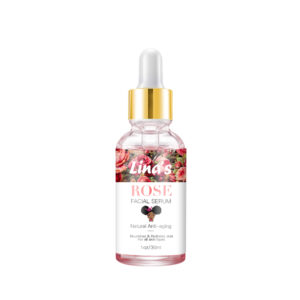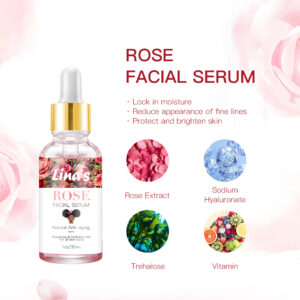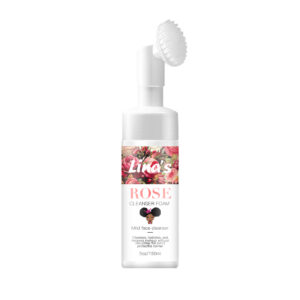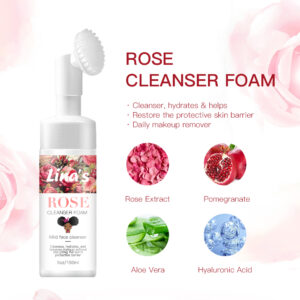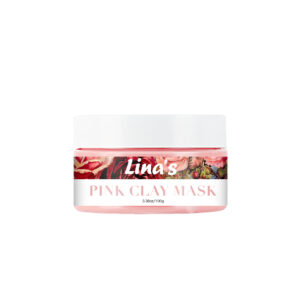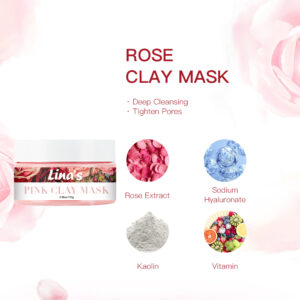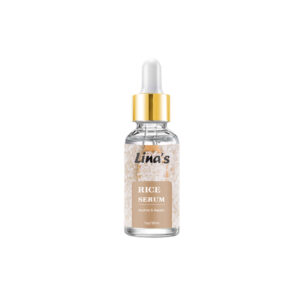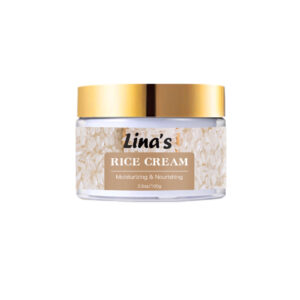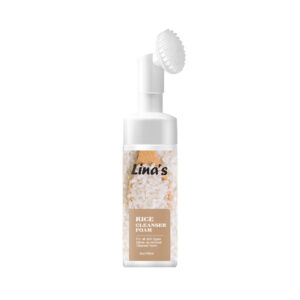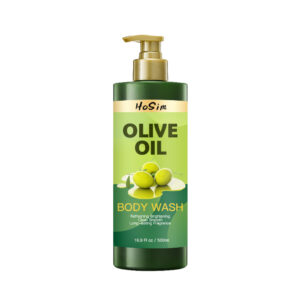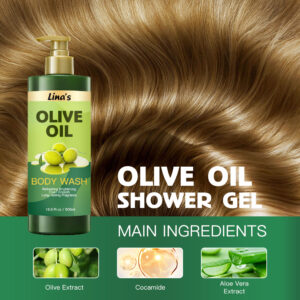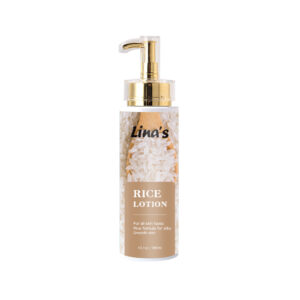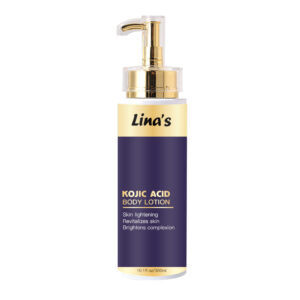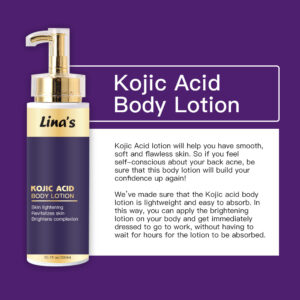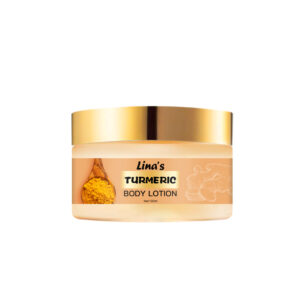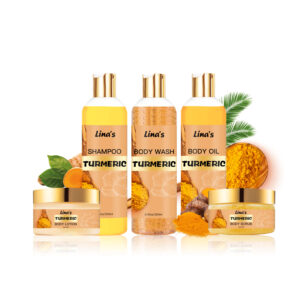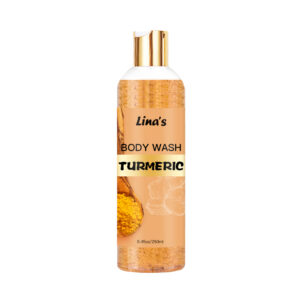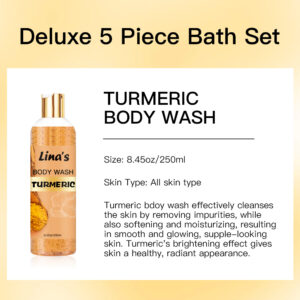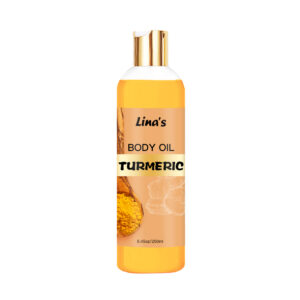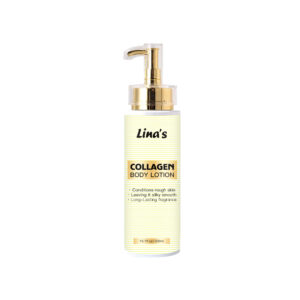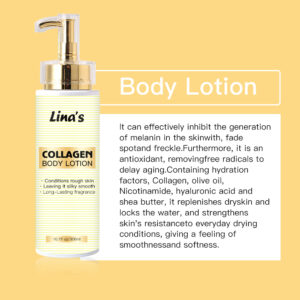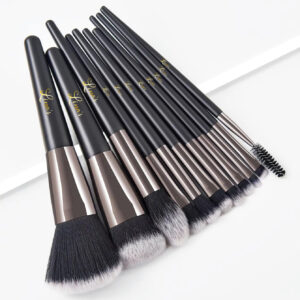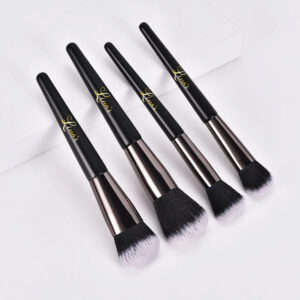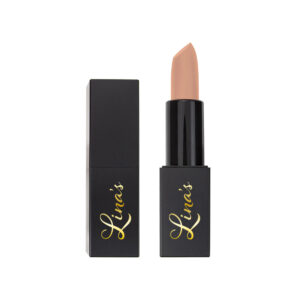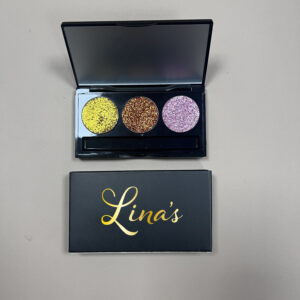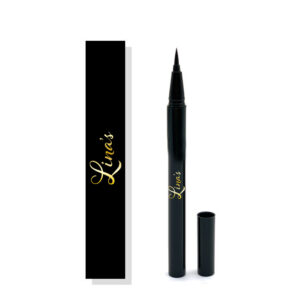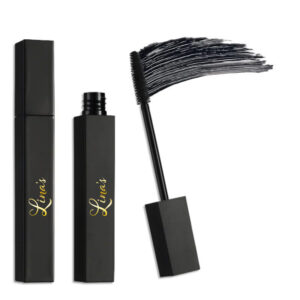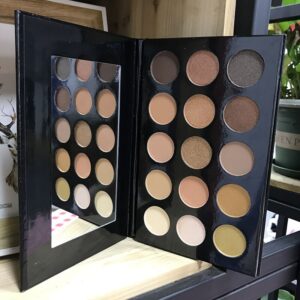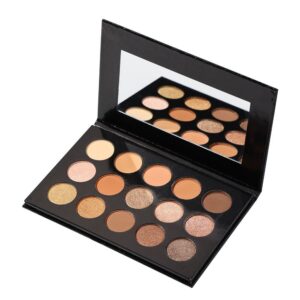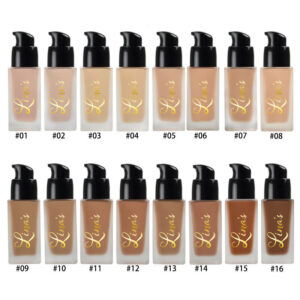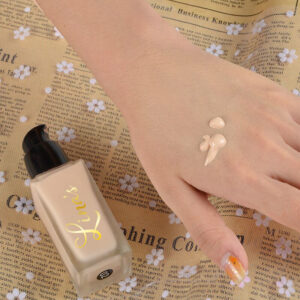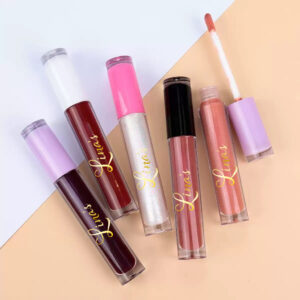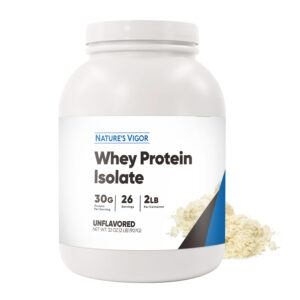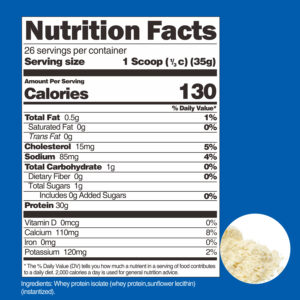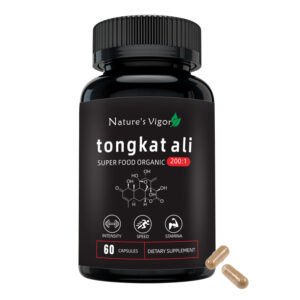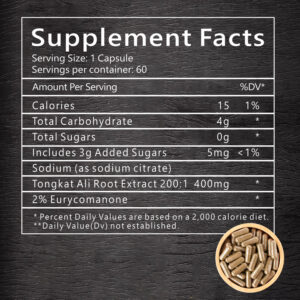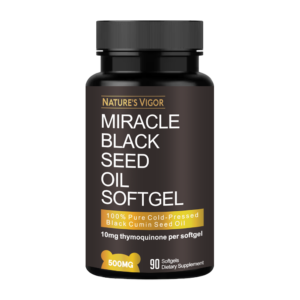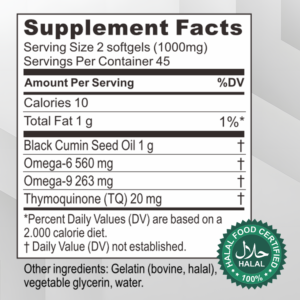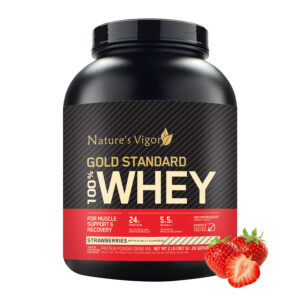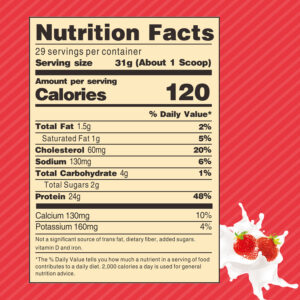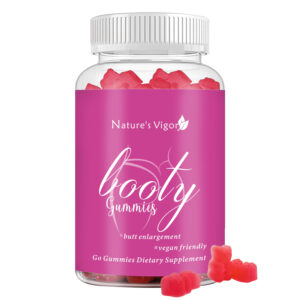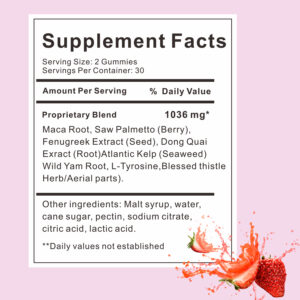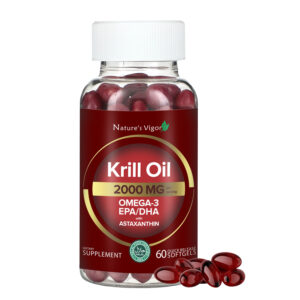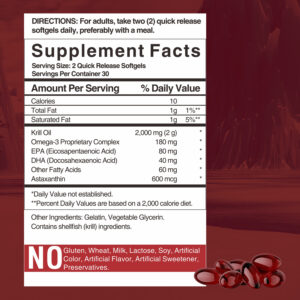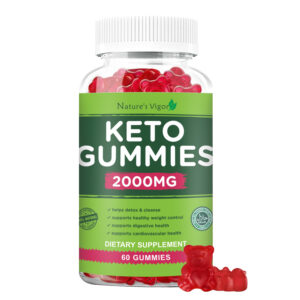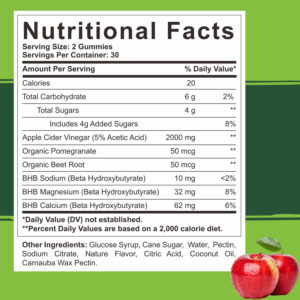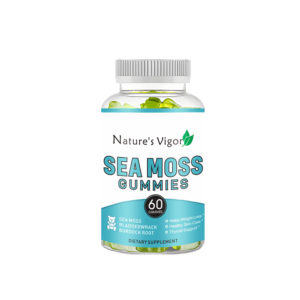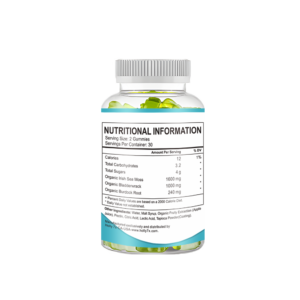Uncategorized
Livora Gel for Vaginal Tightening: A Detailed Study
Introduction
Livora Gel is an innovative product designed to improve vaginal health by tightening, moisturizing, and cleansing the area. Many women experience issues related to vaginal health, such as dryness, unpleasant odors, and bacterial infections. Livora Gel is marketed as an effective solution to these problems, relying on natural ingredients to ensure both effectiveness and safety.
Ingredients
- Sophora Flavescens
- Benefits: Contains anti-inflammatory and antibacterial compounds that help combat infections and improve vaginal health (Zhang et al., 2018).
- Effect on Tightening: Believed to enhance tissue elasticity.
- Turmeric (Curcumae Rhizoma)
- Benefits: Contains curcumin, known for its anti-inflammatory and antioxidant properties, which may promote vaginal health (González-Burgos et al., 2019).
- Effect on Tightening: Thought to improve blood circulation.
- Female Ginseng (Angelica Sinensis)
- Benefits: Used to support women’s health and regulate menstrual cycles (Kang et al., 2019).
- Effect on Tightening: Believed to enhance tissue health.
- Borneol
- Benefits: Used as an antiseptic and antibacterial agent in traditional medicine (Xu et al., 2020).
- Effect on Tightening: Can improve overall vaginal health.
- Saffron
- Benefits: Contains antioxidant compounds and is thought to improve mood and support women’s health (Hosseinzadeh et al., 2016).
- Effect on Tightening: Not conclusively proven but may improve overall health.
- Myrrh
- Benefits: Known for its antibacterial and anti-inflammatory properties (Huang et al., 2018).
- Effect on Tightening: May improve tissue elasticity.
- Aloe
- Benefits: Commonly used in skincare for its moisturizing properties (Surjushe et al., 2008).
- Effect on Tightening: Helps enhance tissue elasticity and supports general vaginal health.
General Benefits of the Product
- Vaginal Tightening: Helps improve tissue elasticity and tighten vaginal muscles.
- Moisturization and Cleansing: Enhances vaginal health by combating dryness and providing necessary hydration.
- Increased Sensitivity: Tightening the vagina can lead to heightened sensation during intimacy.
- Eliminates Harmful Bacteria: Effective in fighting bacteria like Staphylococcus aureus and Candida Albicans (Fleming et al., 2019).
- Balancing Bacteria: Promotes the growth of beneficial bacteria, helping to maintain a healthy balance in the vagina.
How to Use
- Preferably use the gel before bedtime to reduce leakage.
- Clean the area thoroughly with an appropriate soap.
- Gently insert the gel into the vagina using the provided applicator.
- Use up to three bottles to achieve noticeable results.
Notes and Warnings
- Avoid using the gel during menstruation.
- Not recommended for pregnant women or virgins.
- If you experience any allergic reactions to the ingredients, discontinue use immediately.
Conclusion
Livora Gel for Vaginal Tightening uses natural ingredients to enhance vaginal health and improve sexual experiences. While the product promises many benefits, it is important to consult a healthcare professional before trying any new product to ensure its suitability for your individual health needs.
References
- Zhang, H., et al. (2018). “Sophora Flavescens: An Overview of Its Pharmacological and Clinical Applications.” Chinese Herbal Medicines.
- González-Burgos, E., et al. (2019). “Curcuma Longa L. and Its Active Compound Curcumin: A Review of Their Pharmacological Effects.” International Journal of Molecular Sciences.
- Kang, K. A., et al. (2019). “The Role of Angelica Sinensis in Women’s Health.” Journal of Traditional and Complementary Medicine.
- Xu, M., et al. (2020). “Borneol: A Review of Its Pharmacological Effects.” Pharmacological Research.
- Hosseinzadeh, H., et al. (2016). “Saffron: A Comprehensive Review on Its Medicinal Properties.” Journal of Pharmacopuncture.
- Huang, G., et al. (2018). “Myrrh: A Review of Its Biological Activities.” Phytomedicine.
- Surjushe, A., et al. (2008). “Aloe Vera: A Short Review.” American Journal of Phytomedicine and Clinical Therapeutics.
- Fleming, D. O., et al. (2019). “Bacterial Infections: Clinical Considerations.” Clinical Microbiology Reviews.

